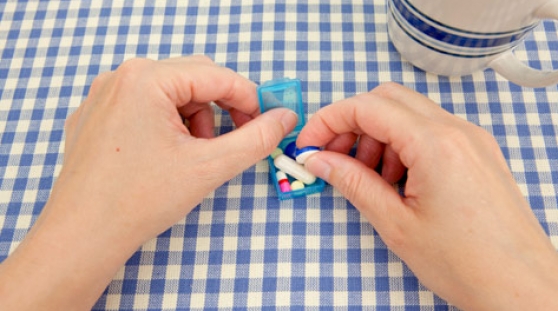Overactive Bladder Health Center
Table of Contents

Since the cause of overactive bladder varies greatly from person to person, treatment differs between patients. Talk to your doctor about treatment options, which include bladder training, electrical stimulation, medications and surgery.
For women, a simple form of treatment involves Kegel exercises, in which women squeeze certain muscles in the pelvic area to strengthen loose or stretched pelvic muscles. These exercises are expected to lead to fewer leaks and greater control over bladder function after six to eight weeks.
Diet changes, weight loss and certain medication can also be used to help regain control over bladder function. Obesity and excess weight can add excess pressure on the bladder. If you have overactive bladder, adopting a healthier diet and losing weight may relieve some of this pressure and provide additional relief.
Certain medications are used to treat overactive bladder:
- Myrbetriq (mirabegron). An extended release tablet taken once a day, Myrbetriq is meant to improve the storage capacity of the bladder by relaxing the organ and its surrounding muscles. This relaxation can help prevent accidents and improve the bladder's ability to retain urine for extended periods of time.
- Anticholinergics. These medications — which include Ditropan (oxybutynin), Detrol (tolterodine), Levsin (hyoscyamine) and Pro-Banthine (propantheline) — relax the bladder muscles and prevent bladder spasms, which may lead to leakage and accidents.
- Oxytrol aims to provide the same relief as other anticholinergic drugs but without the side effect of dry mouth which is common.
- Manufactured with timed-release formulations, Ditropan XL and Detrol LA are anticholinergics that deliver low levels of medication on a continuous basis throughout the body for the entirety of the day, allowing for protection that lasts hours.
- Tofranil (imipramine). A medication originally used for treatment in depression, Tofranil helps to relax bladder muscles in order to prevent uncontrolled urination.
